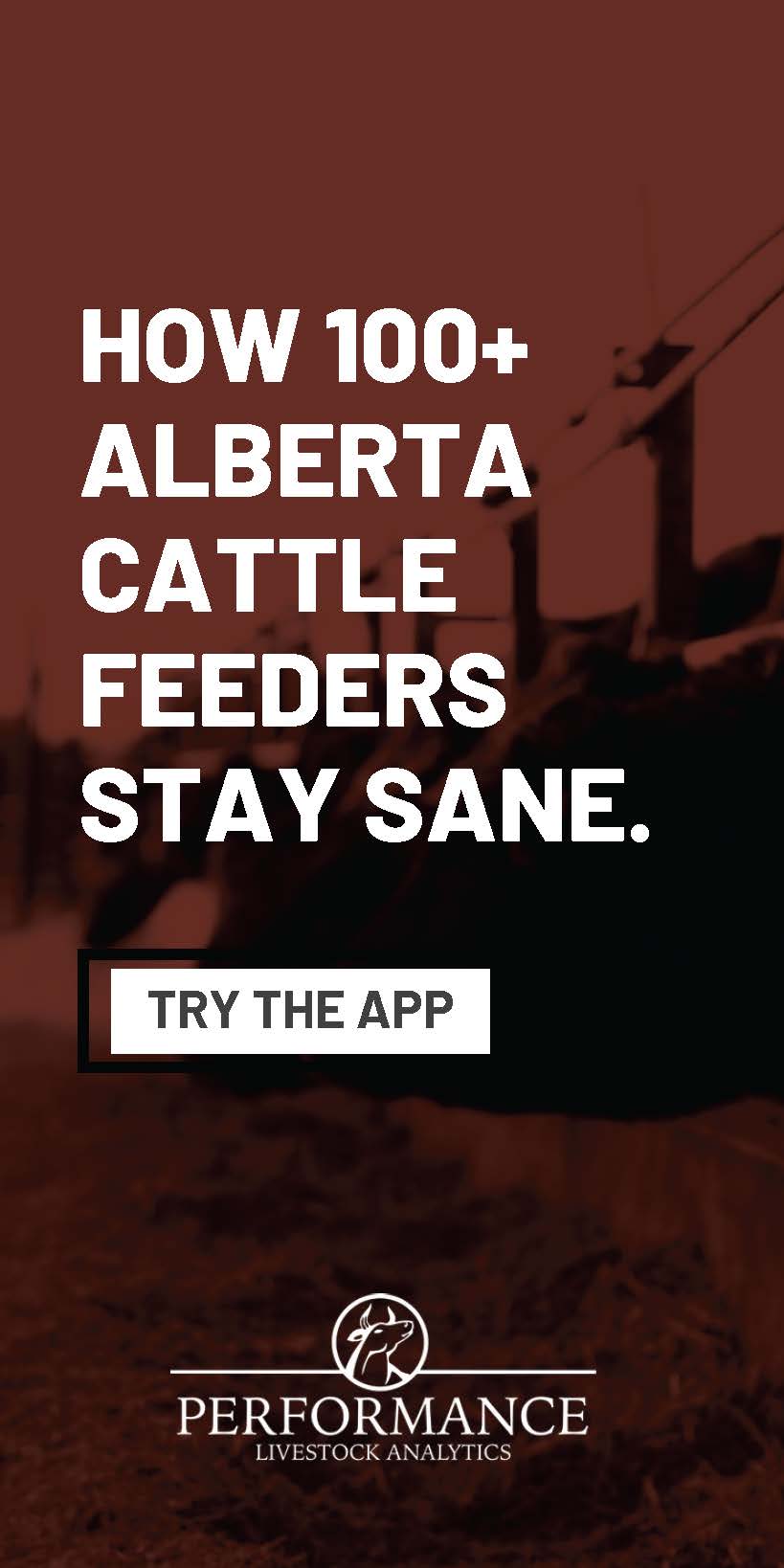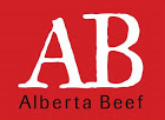It seems not a week goes by without some food retailer making a self-righteous proclamation that it will soon be buying politically-correct food ingredients. I refer to the trend by some fast food chains and grocery stores that want to buy designer/lifestyle meat products that claim to be hormone-reduced, steroid-free, antibiotic-free, cage-free, grass-fed, all-natural etc. That rather sanctimonious trend by food retailers is quite exasperating to many in the livestock industry, being the meat produced under existing Canadian commercial production standards is the safest, most available, and least expensive in human history. But in the devious world of food trendiness – one matter is conveniently not brought up – the carbon footprint of designer/lifestyle foods. That would seem curious at first being carbon and emission level issues are all part of the same politically-correct sphere of interest that includes organic foods and growth promotant-free meats. Surely politically-correct food retailers would want to be the right side of a smaller carbon footprint and less emissions for their meat products.
The problem for those demanding lifestyle meats is that they can’t have it both ways. What none of the claimants dare say is that there are ramifications from the production practices, or lack thereof, in producing their special retail meat products. Beef production is the best example particularly in light of those products sold by retailers as being free of hormones, ionosphores, antibiotics and steroids. Here is a direct quote from a document published by the Beef Cattle Research Council.
“What would happen if the Canadian beef industry stopped using growth promotants?
Feedlot production costs would be 8% higher if producers chose not to or were unable to use implants, ionosphores or beta-agonists. To produce the same amount of Canadian beef without the use of growth promotants would require 12% more cattle, 10% more land, 11% more feed, and 4% more water. It would also require 7% more fuel and fertilizer. The reduced feed efficiency and more days to finish would also mean that the cattle would produce 10% more manure (with 10% more nitrogen and 11% more phosphorus), and 10% more greenhouse gasses in the process.”
The point is that beef that does not go through the Canadian feedlot finishing system is much more detrimental to the environment because it uses up more resources and produces more greenhouse gases. It’s simply a case of production efficiency favouring feedlot finished cattle. That means cattle that are not raised with the use of promotants, and that would include most offshore beef imports, increase greenhouse gasses and therefore have a much larger carbon footprint. In effect those retailers that demand the elimination of growth promotants are guilty of increasing emissions – that would be a rather politically-incorrect position for retailers who are trying to portray themselves as environmentally sensitive corporate citizens. The most holier-than-thou sinner in that regard is the A&W burger chain. They relentlessly shout about how their burgers are so much better and allegedly safer because they are free of growth-promotants. However, what they neglect to mention is that virtually all of their beef is imported from Australia. The implication is that hormones are not used in that country. However, the Aussie beef they buy is a manufacturing grade that comes from older and cull cattle. That would be the same cattle that require much more land, feed, water and other inputs than Canadian feedlot finished cattle. Industry sources agree that the carbon footprint of offshore imported beef is much higher than our domestic beef – the point being A&W’s Aussie beef produce more emissions. No wonder they prefer not to mention the perverse consequences of being anti-growth promotant.
To address that glaring omission, buyers of imported offshore beef need to pay a pollution or carbon tax to compensate Canadian society for their marketing of designer/lifestyle foods that exceed traditional emission levels. The concept of applying carbon taxes to products that exceed base levels has already begun and will only expand as it becomes more socially acceptable – particularly on perceived luxury or elitist food products. This would be fair in a world where in many places regular food is scarce. Designer foods (and flowers) take away land and resources from the production of regular food that could be fed to the starving masses of the world.
There has to be accountability by those that promote, exploit and benefit from the marketing of lifestyle/designer foods. They need to take responsibility for the extra cost in land and resources and the extra pollutants that such foods require and produce. Telling gullible consumers that foods are better because they are organic, free-from and other dubious claims without telling them there is an extra environmental cost involved is dishonest. I expect exposing the environmental cost and applying a carbon tax will test the resolve of many consumers in their misguided belief that designer food is better. Better yet let’s put a label on lifestyle foods using a point system as to whether it is above or below a certain environmental standard. Imported offshore beef needs to be fully exposed as to their environmental ramification and consumers have a right to know the complete story. I expect some retailers would resist that bit of honesty.




